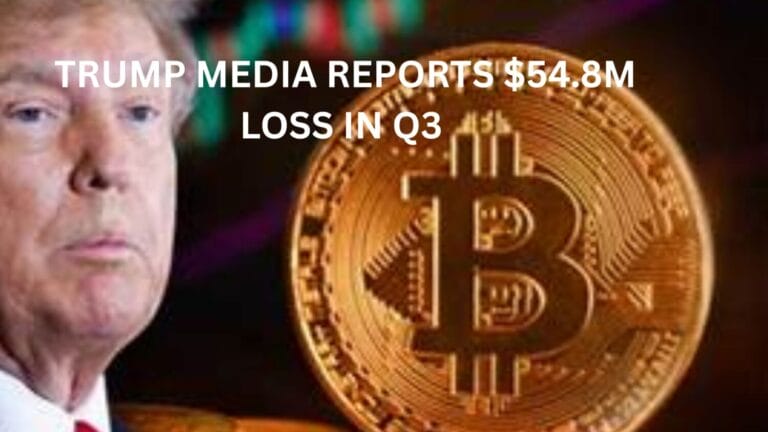Key Takeaways
- The initiative involves six of the UK’s biggest lenders — Barclays, HSBC, Lloyds Banking Group, NatWest, Nationwide and Santander.
- Technology for the pilot will be provided by Quant Network, a UK-based company focused on blockchain interoperability
In a major development, UK Finance, a leading trade association has launched a joint pilot project for tokenized sterling deposits (GBTD).
The project, announced on Friday, is the first large-scale industry attempt to explore how blockchain-based representations of traditional money could reshape payments and settlement processes.
The initiative involves six of the UK’s biggest lenders — Barclays, HSBC, Lloyds Banking Group, NatWest, Nationwide and Santander. Together, they will examine how deposits that exist in tokenised form can be used for real-world applications, ranging from online marketplace transactions to wholesale bond settlement. Another use case being trialled is the remortgaging process, where tokenisation could streamline the transfer of funds between banks.
UK Finance, which represents over 300 financial service firms, said the pilot will run until the middle of 2026 and is intended to test the benefits for consumers, businesses and the wider economy. The stated goals include improving efficiency, giving customers greater control over their money, and strengthening fraud prevention measures.
Technology for the pilot will be provided by Quant Network, a UK-based company focused on blockchain interoperability. Quant previously delivered the first phase of the Regulated Liability Network (RLN), a shared ledger project launched in 2024 that brought together a wide range of financial institutions, including Citi, Mastercard, Standard Chartered, Virgin Money and Visa. The RLN work laid the groundwork for the current tokenised deposit trial, which UK Finance has described as a step toward modernising the country’s financial market infrastructure.
Quant founder and chief executive Gilbert Verdian said the goal was not only to make payments faster but also to enable new forms of programmable money. He argued that such developments could “fundamentally transform how value is moved and managed,” pointing to potential long-term changes in both retail and wholesale finance.
The latest development comes amid reports surfacing that UK’s Financial Conduct Authority has responded to criticism of its crypto registration scheme by reducing the time it takes to approve an application by two-thirds










